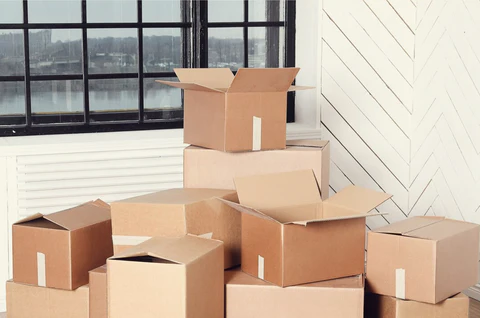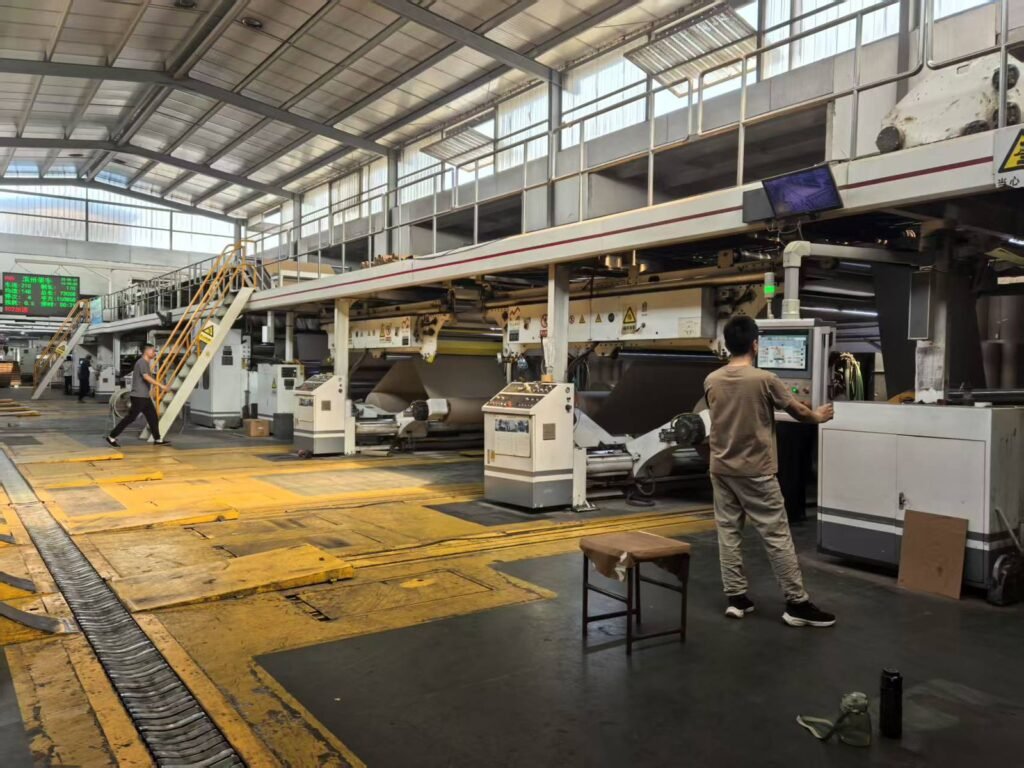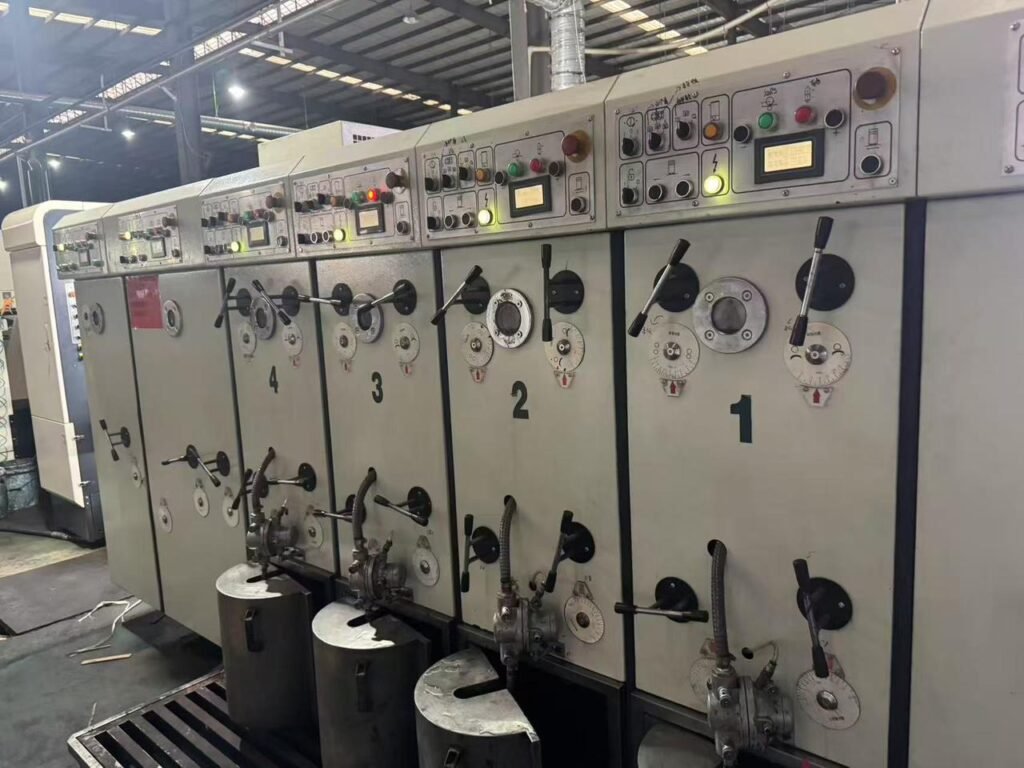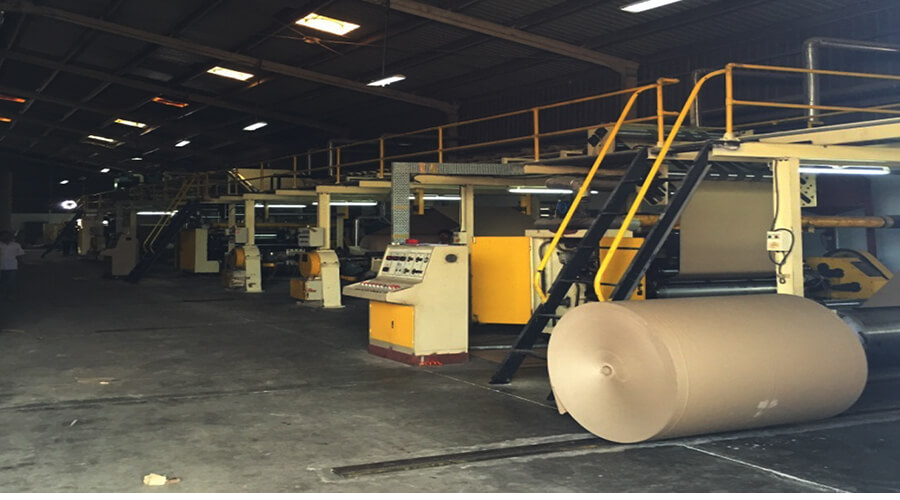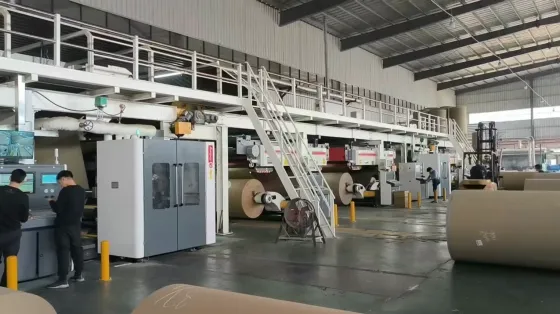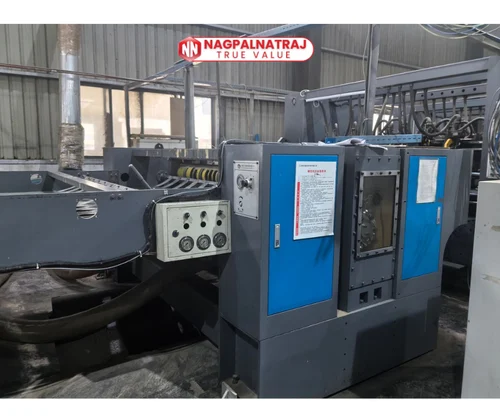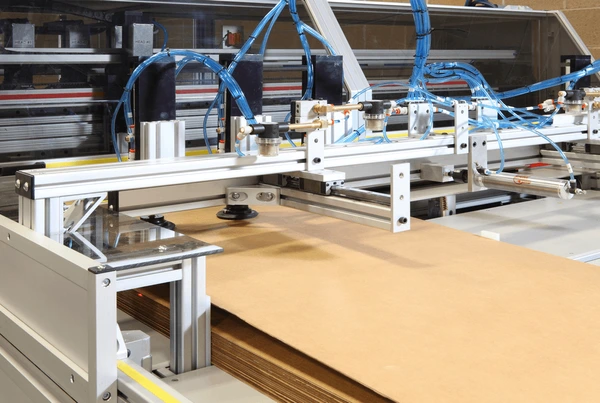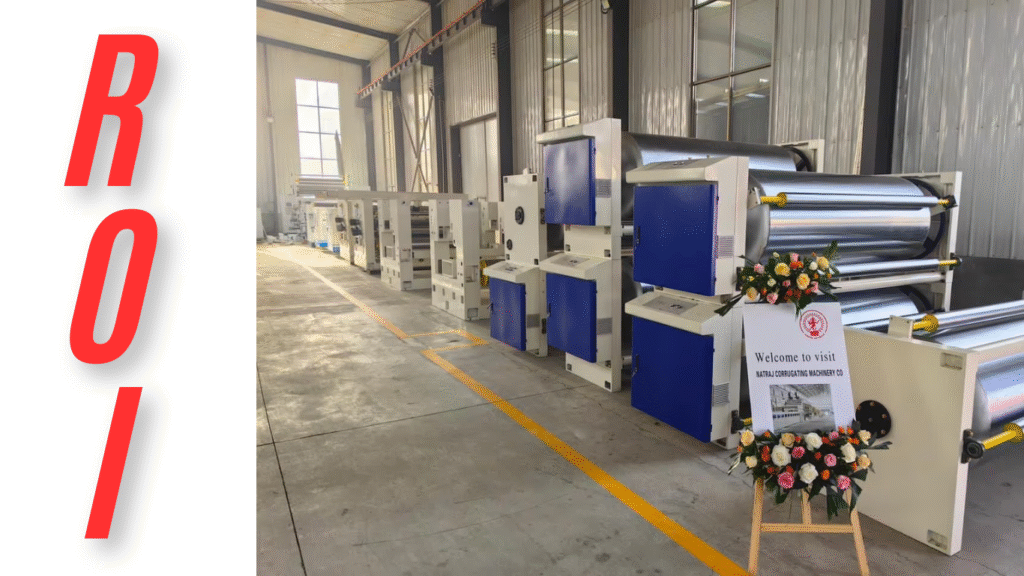How Packaging Startups Can Scale Faster with Used Machinery
Starting a packaging business is tough. Margins are tight, customer expectations are high, and machinery is expensive. For a startup, the cost of brand-new corrugators, die-cutters, or folder-gluers can swallow up most of the capital before a single box is made. This is where used machinery comes in—not as a shortcut, but as a strategic growth lever. For packaging startups that want to scale quickly without burning through funds, second-hand equipment can be the difference between surviving and thriving. 1. Faster Market Entry at Lower Cost Brand-new corrugation plants can cost upwards of $1 million, with delivery lead times stretching 6–12 months. Used machinery, by contrast, is available at 30–60% of the price and often ready to ship immediately. That means startups can: Speed matters in packaging—being production-ready can win contracts from e-commerce, FMCG, and logistics players who need suppliers now, not a year from now. 2. Flexibility Without Overcommitment In the first few years, startups don’t always know how demand will evolve. A used corrugator or folder-gluer gives room to experiment: This flexibility helps founders adapt their production mix without crippling debt. 3. Proven Reliability, Easier Operations Most used machines are still workhorses. Corrugation technology evolves, but not as fast as consumer electronics—many 5–10 year-old models are still widely in use. Advantages include: In short: reliable output without the learning curve or cost of the latest models. 4. Lower Risk, Higher Investor Confidence For startups, risk is always under the microscope. Used machinery helps in two ways: This makes investors and banks more comfortable funding growth because the downside is contained. 5. A Built-In Sustainability Story Reusing machinery reduces the environmental impact of manufacturing new equipment. For startups selling to global brands and eco-conscious retailers, this can be turned into a unique sustainability angle: “Not only do we make recyclable packaging, but we produce it using a reduced-carbon machinery footprint.” In a market where sustainability sells, that’s a differentiator. 6. Knowing When to Upgrade Used machinery isn’t forever. As order volumes scale, startups may find that: By that point, the business should already have steady cash flow—making the transition to new equipment far less risky. Final Word For packaging startups, the choice isn’t between “new” and “used.” It’s about timing and strategy. Used machinery is a launchpad: it lowers costs, reduces lead times, and lets startups scale operations without overexposing themselves financially. Those who leverage it effectively gain a head start in a competitive industry—and often outpace rivals who are still waiting for their brand-new machines to arrive.
How Packaging Startups Can Scale Faster with Used Machinery Read More »

